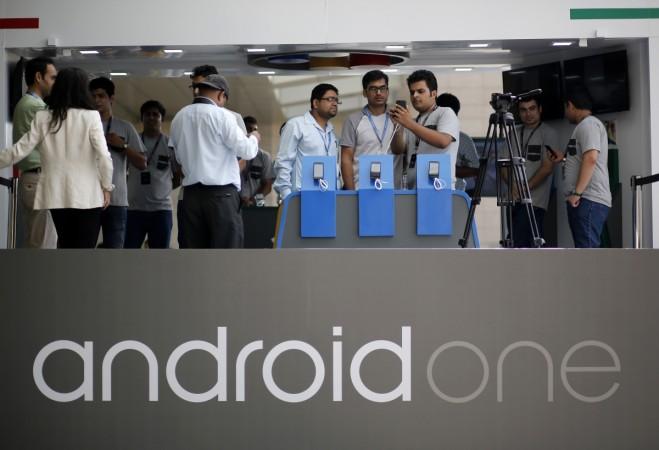
Domestic smartphone maker Lava, in collaboration search engine giant Google, is prepping the stage for the launch of new Android One 2.0 series smartphone later this month.
Lava will host an event on 14 July in New Delhi to unveil the new Android One series smartphone, reported The Economic Times (Tech).
The upcoming Android One handset is said to be retailed in the competitive mid-range category, featuring 5.0-inch display, latest Android OS, 2GB RAM, a Mediatek processor, probably a 64-bit class Octa-core CPU seen in the recently-released Lenovo phones.
Lava Android One phone would cost around ₹12,000, almost double the price of budget Android One handsets that were launched last year in September. That's reasonable, considering the new phone will be housing the much superior hardware inside.
The first gen Android One series devices released by Micromax, Spice and Karbonn Mobiles drew lukewarm response in India last year. Google's ambitious project to sway the next billion Android users in the subcontinent fell flat despite Google spending large amounts of money on advertising (both print and TV media).
The main problem was the non-availability of the devices in brick-and-mortar stores; so this time, Google has reportedly made all necessary arrangements so that new Android One series is available across online and offline platforms as well.
Also read: Lava Sub-Brand Xolo to Release Black series Smartphone with Dual-Camera on 10 July via Flipkart
We have learnt that Google is expected to fork out anywhere between $10 and $15 million (around ₹63.39 crores to 95.085 crores) for advertisement and other promotional activities alone.
One of the key advantages of owning Android One series devices is that users will have timely OS update and will be free of bloatwares. But, last year's One series owners were peeved off due to delays in rolling out of the updates, but this time Google hopes not to repeat the mistakes.
That being said, Lava's new Google Android One phone has to come up with beefed up spec-list if it wants to a give stiff challenge against popular brands like Xiaomi, Lenovo, Motorola, Micromax and the new Chinese entrants: Meizu, ZTE Nubia, Coolpad and Phicomm.








